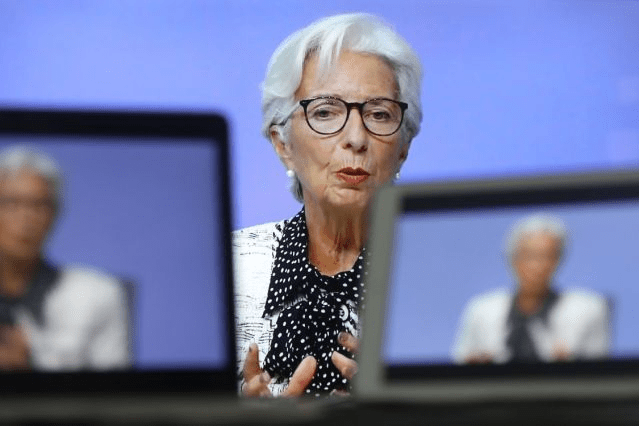European Central Bank policy makers would probably agree to extend their pandemic bond-buying program by a full year until the middle of 2022 if that is proposed by the Executive Board next week, according to officials familiar with the situation. Several members of the Governing Council would support a 12-month extension, even those who have a personal preference for six months, the officials said.

Such a move would beat expectations. Economists surveyed by Bloomberg this week predicted the crisis measures — intended to keep borrowing costs low to help the euro-area economy through the pandemic — will be stretched out by six months to the end of 2021, and expanded by 500 billion euros ($608 billion) to 1.85 trillion euros. The decision is scheduled for Dec. 10. There is still a possibility of dissent, with some policy makers concerned that running well into 2022 involves making unwarranted assumptions about the post-pandemic economy. President Christine Lagarde may struggle to reach unanimity on the 25-person council, some of the officials said.
One central bank has suggested a 12-month extension with the option to reduce it again if the recovery proves stronger than expected, one official said. Policy makers are also braced for the discussion on the size of the bond program. Several want the increase to be no more than 500 billion euros but Lane, the ECB’s chief economist, is angling for a bigger increase, according to one official.
ECB May Opt for 12-Month Extension to Emergency Bond Program, Bloomberg, Dec 4